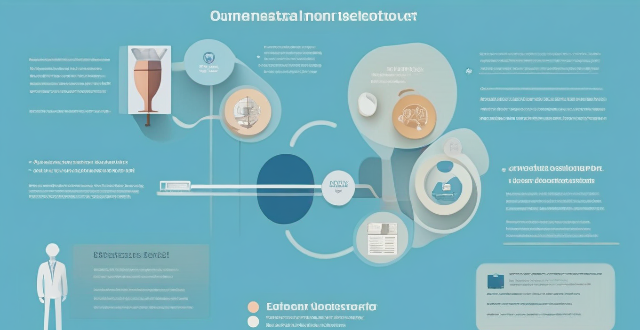Conducting a climate risk assessment is crucial for understanding the potential impacts of climate change on operations and assets. It offers benefits such as improved decision-making, identification of vulnerabilities and opportunities, better planning and management, alignment with regulatory requirements, and enhanced reputation and stakeholder engagement.

Benefits of Conducting a Climate Risk Assessment
Conducting a climate risk assessment is crucial for organizations and governments to understand the potential impacts of climate change on their operations, assets, and overall well-being. Here are some of the benefits of conducting a climate risk assessment:
Improved Decision Making
Climate risk assessments provide valuable information that can help decision-makers make informed decisions about how to manage risks associated with climate change. By understanding the potential impacts of climate change, organizations can develop strategies to mitigate those risks and adapt to changing conditions.
Identification of Vulnerabilities and Opportunities
A climate risk assessment helps identify vulnerabilities and opportunities related to climate change. This includes identifying areas where an organization may be particularly vulnerable to climate change impacts, such as supply chain disruptions or infrastructure damage. It also highlights opportunities for innovation and growth in response to changing climate conditions.
Better Planning and Management
Climate risk assessments provide a framework for better planning and management of climate-related risks. By understanding the potential impacts of climate change, organizations can develop plans to reduce their exposure to these risks and ensure they are prepared for any adverse effects.
Alignment with Regulatory Requirements
Many jurisdictions require organizations to conduct climate risk assessments as part of their regulatory compliance efforts. By conducting a climate risk assessment, organizations can demonstrate their commitment to addressing climate change and align themselves with regulatory requirements.
Enhanced Reputation and Stakeholder Engagement
Conducting a climate risk assessment can enhance an organization's reputation by demonstrating its commitment to addressing climate change. It also provides an opportunity for stakeholder engagement, as organizations can involve various stakeholders in the process of assessing and managing climate-related risks.
In conclusion, conducting a climate risk assessment offers numerous benefits, including improved decision making, identification of vulnerabilities and opportunities, better planning and management, alignment with regulatory requirements, and enhanced reputation and stakeholder engagement.